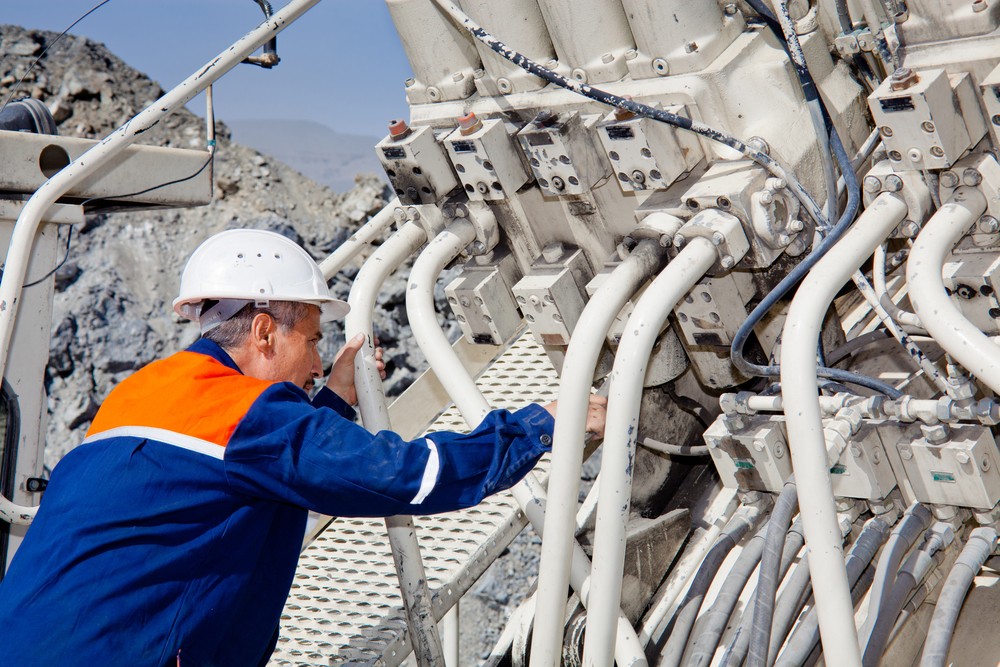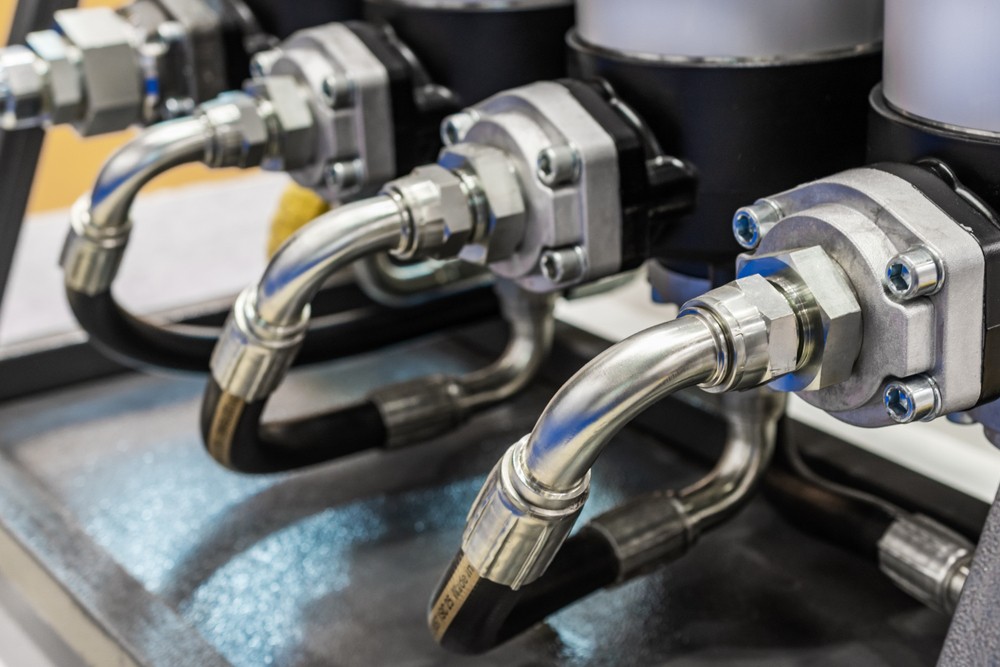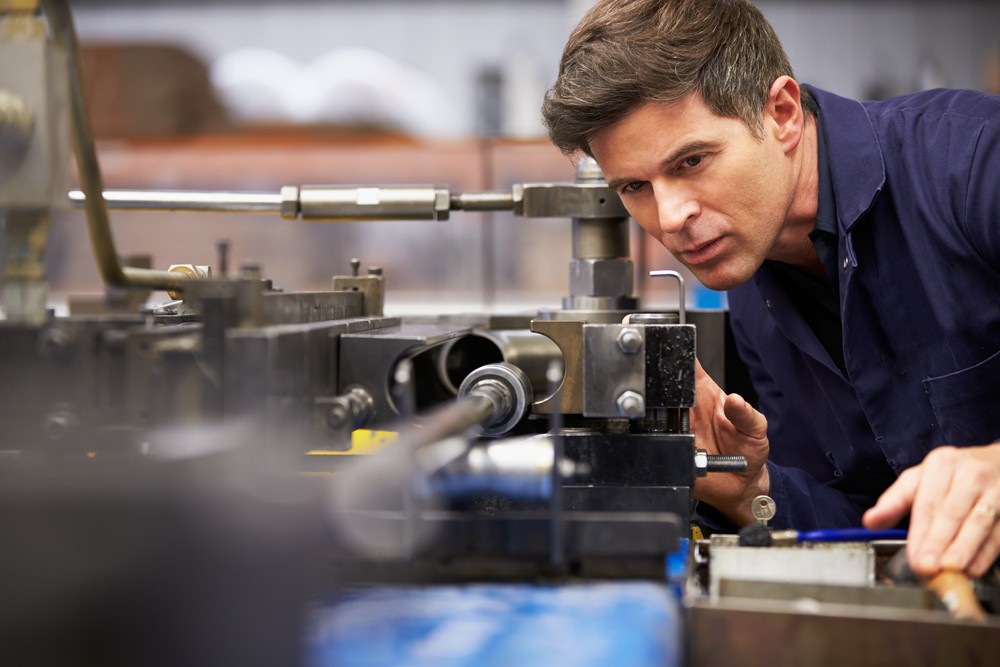Preventive Maintenance: Must-Follow Hydraulic Equipment Care Tips

Hydraulic systems are some of the most powerful in the field today. Their broad applicability within manufacturing makes them a standard on any factory floor. But despite their prevalence, it’s not always within the capabilities of maintenance staff to properly service these systems. Hydraulic repairs don’t come easy! This, among many other reasons, is why proper hydraulic maintenance is so important.
Given the right maintenance and care, hydraulics are among the most substantial power systems on the factory floor. You can trust them for tens of thousands of cycles and harness fluid power to an exceptional degree. Consider the capabilities of a hydraulic press or hydraulic motor and their ability to perform under substantial duress. It’s this power and reliability that makes hydraulics so essential.

Simple, yet effective hydraulic maintenance
Failure of a hydraulic system is costly and requires immense technical proficiency to resolve. Maintenance, on the other hand, is much simpler and more cost-efficient. Every factory needs to make proper hydraulic maintenance a priority to prevent failure. Here are a few simple, yet extremely effective preventive tasks:
- Perform regular pressure and flow tests to ensure your fluid power system is operating within rated parameters. If tests show too much or too little pressure, or a fluctuation beyond the norm, probe further to uncover the catalysts.
- Sample fluid from multiple access points within the system to ensure proper viscosity and fluid integrity. Thinning, thickening, or contaminated fluid will compromise the power system at key junctions.
- Clean the fluid reservoir and add new fluid routinely, or as mandated by system specifications. Take note of changes in fluid integrity when draining to determine if there’s need for a complete system flush.
- Mark normal fluid levels and label reservoirs. One of the biggest contributors to hydraulic system failure is maintenance error when incorrect fluids are mixed or proper levels aren’t maintained.
- Clean, degrease, and inspect critical fluid power system components, including filters, test points, gauges, couplers, and more. Make sure each crucial junction of the hydraulic system is in good operating condition.
- Test valves and actuators to ensure proper function and to prevent problems from occurring at these stress points. Drain and flush valves as part of routine maintenance and monitor the actuator during operation to ensure reliable function.
In addition to these critical tasks, document everything. Fluid power systems can be delicate if maintenance starts to wane. Being able to pinpoint insufficient maintenance can stave off a complete system failure. Going back to maintenance logs to see a pattern of inefficient maintenance may save the hassle of troubleshooting.

Make fluid power maintenance a priority
In most factories, hydraulic system maintenance is already a core area of focus. Ensure that your maintenance approach is the right one, and that it serves the needs of your system completely. It’s never a bad idea to outsource complex fluid power maintenance tasks to someone with specialized knowledge. Paying a small upfront cost for precision hydraulic maintenance may very well save the cost of a larger repair due to system failure.